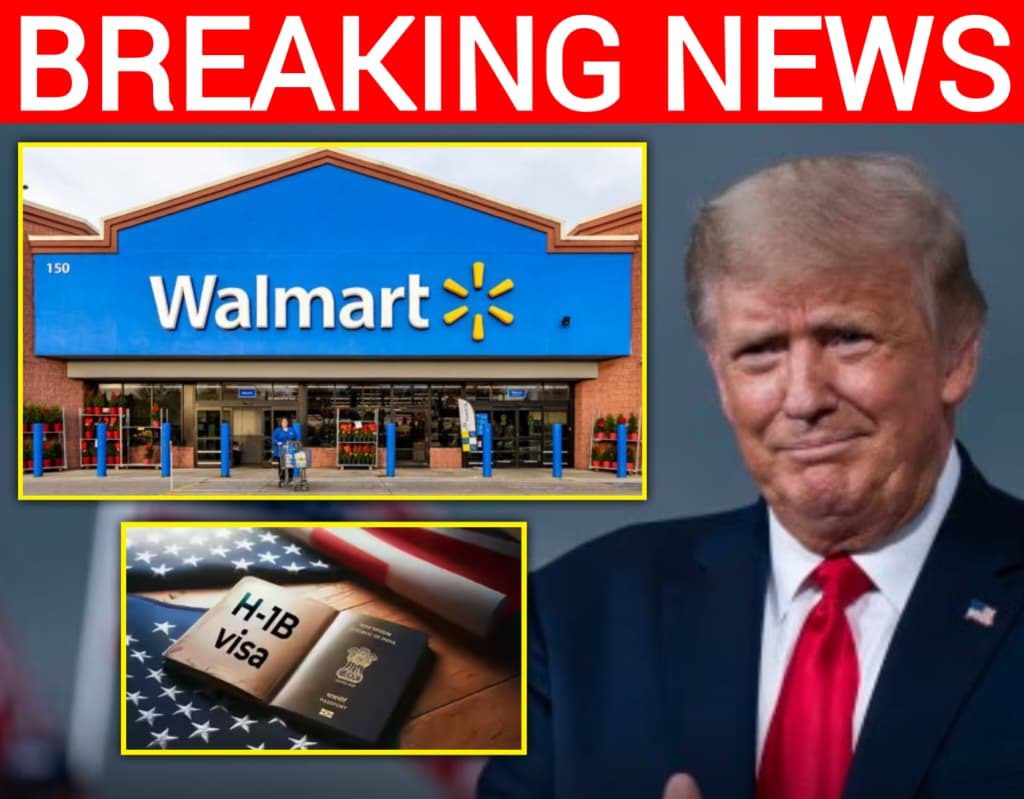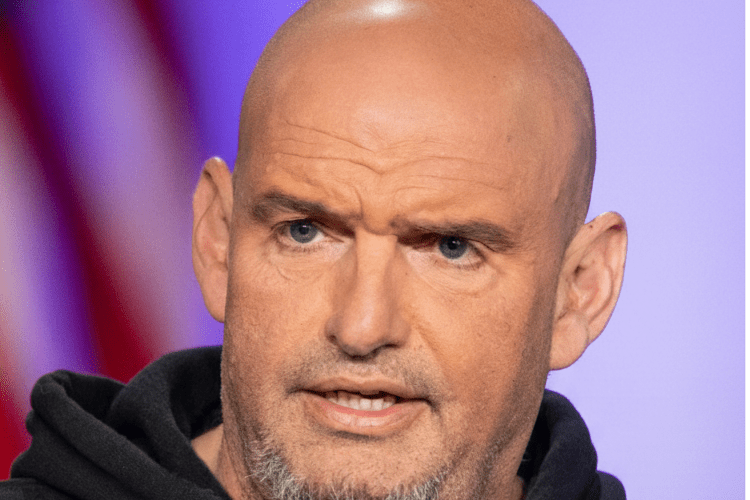Walmart Pauses Job Offers to Foreign H-1B Visa Holders After Trump’s $100,000 Fee Policy — A Bold Shift Prioritizing American Jobs and Fair Hiring
In a headline-grabbing decision that underscores President Donald Trump’s renewed focus on protecting American workers, Walmart has officially paused all job offers requiring H-1B visas following the administration’s new $100,000 visa fee rule. The move, confirmed on October 21, 2025, sent ripples across the corporate world and ignited celebration among supporters of Trump’s “Hire American” economic agenda.
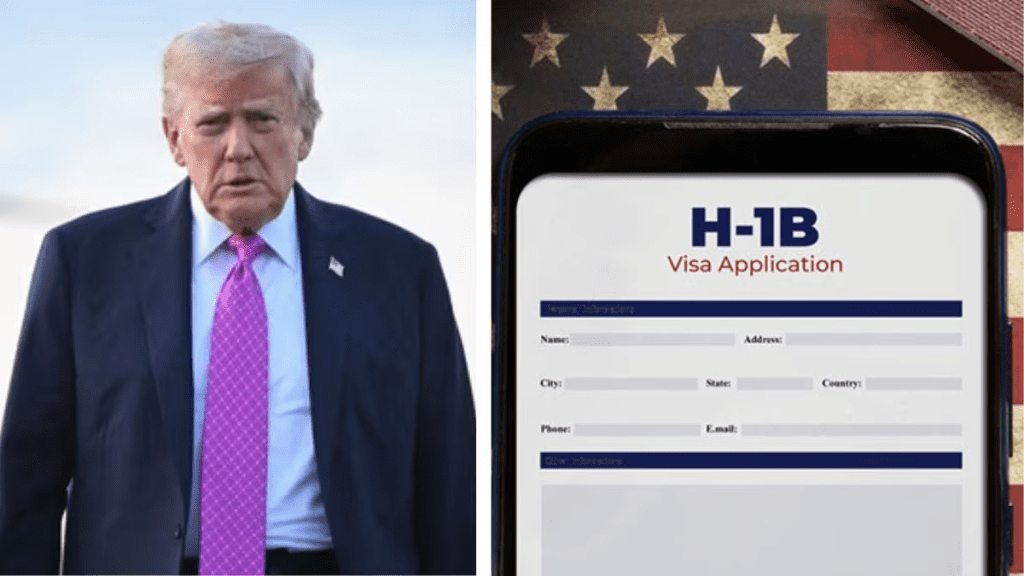
The policy that triggered Walmart’s action was signed into law on September 20, 2025, by President Trump, who reinstated his tough stance on foreign worker visas. The $100,000 fee for H-1B applications was designed not as a ban but as a filter — forcing corporations to think twice before hiring foreign labor over qualified American citizens. The message from the Trump administration was simple: if a company truly values a foreign employee enough to pay the fee, that person must be an exceptional asset; otherwise, the company should be investing in American talent.
Commerce Secretary Howard Lutnick captured the administration’s reasoning clearly in a statement earlier this month. “It’s $100,000 — so either the person is very valuable to the company and America, or they’re going to depart and the company’s going to hire an American,” Lutnick said. His remarks drew applause from pro-labor advocates and conservative groups that have long argued for stricter visa oversight.
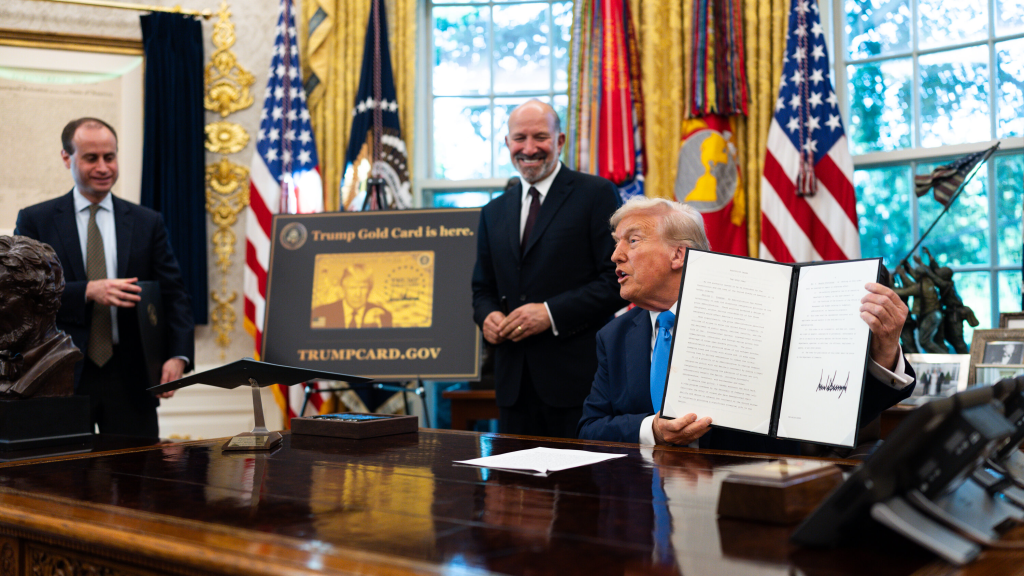
For Walmart, the impact was immediate. The world’s largest private employer confirmed that it had halted job offers for candidates requiring H-1B sponsorship while it reassesses hiring policies under the new fee structure. According to industry reports, the company concluded that most of those planned hires were not mission-critical and could be replaced by domestic talent. The move was viewed as a practical business adjustment — and for Trump supporters, as validation that the administration’s policies were working exactly as intended.
Reactions online reflected that sentiment. Supporters flooded social media, praising the decision as a return to prioritizing American workers after years of dependency on foreign labor. Many pointed out that if corporations can no longer rely on cheap overseas hires, wages and opportunities for U.S. citizens will naturally rise. “Hire Americans and make sure the people coming in are the top, top people,” one post quoted Trump saying. “Stop the nonsense of letting people come in on visas that were given away for free.”
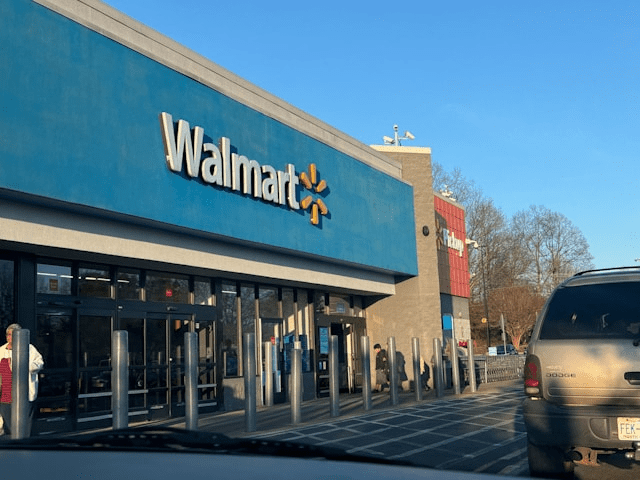
The change has not come without backlash. The U.S. Chamber of Commerce and several major tech firms have already announced plans to challenge the fee increase in court, claiming it threatens innovation and international competitiveness. Critics argue that the sudden rise in visa costs could cause disruptions in technology and engineering sectors, where foreign talent often plays a key role. But Trump officials have stood firm, countering that companies should be nurturing domestic expertise rather than relying on visa loopholes.
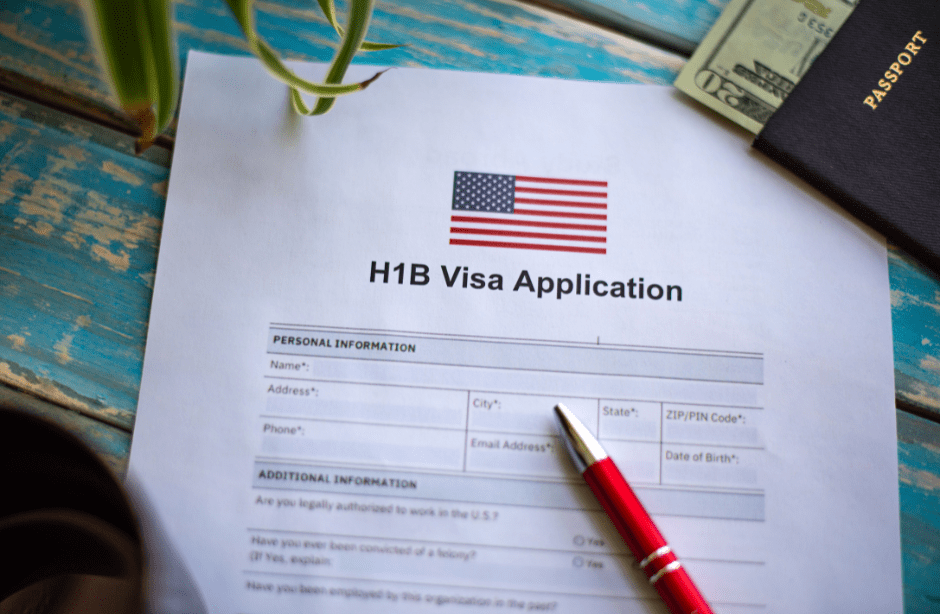
Bloomberg and ZeroHedge both reported that Walmart’s decision could be the first domino in a broader trend, with multiple Fortune 500 companies expected to follow suit. Insiders say the administration anticipated this chain reaction — and sees it as evidence that the system is rebalancing in favor of American labor. The intent, according to senior officials, isn’t to isolate foreign talent but to restore fairness by ensuring that those who enter the country do so on merit, not through exploitation of low-cost hiring practices.
The new policy represents one of the most aggressive moves yet in Trump’s ongoing campaign to strengthen the American workforce. During his first term, he frequently highlighted the imbalance between corporate profits and job opportunities for U.S. citizens, and his return to office has made immigration reform a top priority once again.
For everyday Americans, this shift could mean more job openings, fairer wages, and a renewed focus on local hiring. For multinational corporations, it’s a clear signal that the Trump administration expects accountability — not shortcuts. And for Walmart, this pause marks the beginning of a new era: one that could redefine what it means to “Buy American” and “Hire American.”
